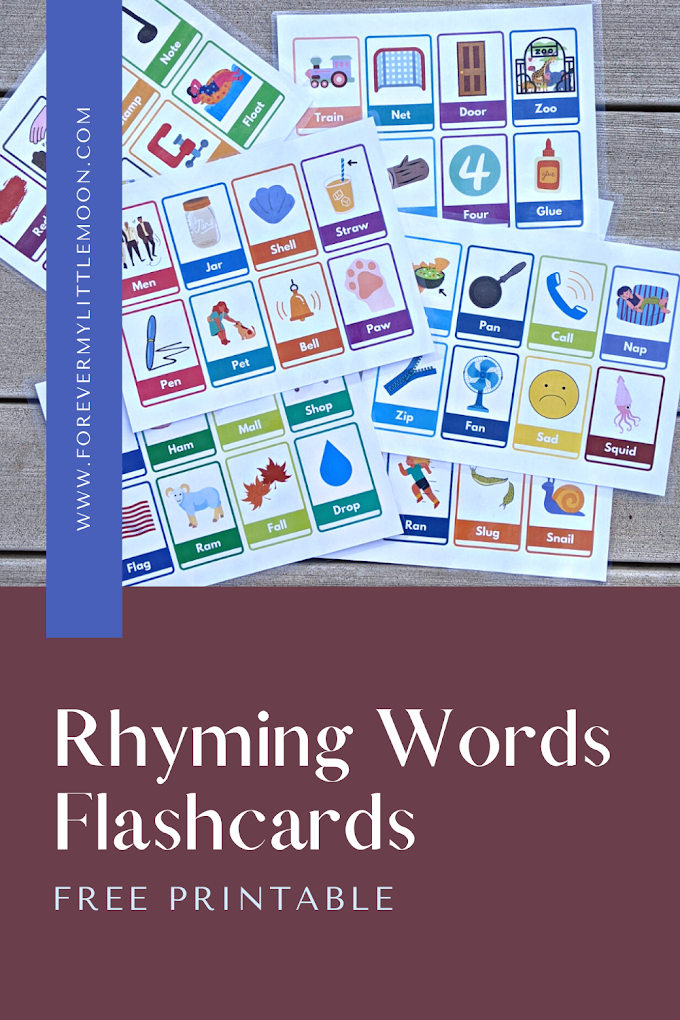Here is why you should get the flu shot when pregnant according to the CDC website:
Flu is more likely to cause severe illness in pregnant women than in women who are not pregnant. Changes in the immune system, heart, and lungs during pregnancy make pregnant women (and women up to two weeks postpartum) more prone to severe illness from flu, as well as to hospitalizations and even death. Pregnant women with flu also have a greater chance for serious problems for their developing baby, including premature labor and delivery. (source)
A common myth with the flu shot is that it gives you the flu. This is false because you are given a dead virus:
The flu vaccine injection contains no live virus, only viral proteins, said Dr. Dennis Cunningham, an infectious disease specialist at Nationwide Children's Hospital in Columbus, Ohio.
"It's impossible to get the flu, and it's impossible to spread the flu," from the injection, Cunningham said. (source)
The nasal spray on the other hand (which is NOT recommended for pregnant women), does have a live virus, but it has been weakened to the point that it can't harm you:
The flu vaccine that is delivered as a nasal spray, rather than as injection, does contain live viruses, but these viruses have been weakened, and so they also cannot cause the flu, according to the CDC. (source)
Another common myth floating around in the forums that I often see is that the flu vaccine contains mercury that is harmful, however, that isn't entirely true:
Thimerosal — a preservative that contains mercury — has never been shown to be harmful, Cunningham said. The type of mercury linked with nervous system damage is methyl mercury, he said. Concerns over methyl mercury levels have led to recommendations that pregnant women avoid eating large amounts of certain types of fish, such as swordfish. (source)
Basically, the mercury in fish is more harmful to you than the mercury in the flu shot, yet many pregnant women won't give up their seafood but will happily choose not to get the shot. I guess food is more important than health to some pregnant women.
However, for those concerned about thimerosal, you will be happy to know that not only is it safe, but you can get a flu shot that doesn't contain it:
While all vaccines carry some risk of adverse effects, such as an allergic reaction, no research has shown an increased risk of complications associated with the flu shot for pregnant women. Women can get the flu shot at any time during pregnancy. There also is no evidence that adverse effects occur in the children of women who receive vaccines with the mercury-based preservative thimerosal during pregnancy. However, it's possible to get a flu shot that doesn't contain thimerosal. Talk to your doctor if you're concerned. (source)
Not only should you get the flu shot if you are pregnant, but anyone who plans on holding baby after birth should also get the flu shot because babies can't get a flu shot until 6 months of age, so it's up to you, your family, and your friends to get the shot to prevent them from getting the flu, to help protect baby from the flu, which can have serious consequences:
Children younger than 5 years of age – especially those younger than 2 years old – are at high risk of serious flu-related complications. CDC estimates that since 2010, flu-related hospitalizations among children younger than 5 years ranged from 7,000 to 26,000 in the United States. Many more have to go to a doctor, an urgent care center, or the emergency room because of flu.
Complications from the flu among children in this age group can include pneumonia (an illness where the lungs get infected and inflamed), dehydration (when a child's body loses too much water and salts, often from not drinking enough fluids/liquids), worsening of long-term medical problems like heart disease or asthma, encephalopathy (inflammation of the brain), sinus problems and ear infections. In rare cases, flu complications can lead to death. (source)
To me, it seems silly to refuse to get the flu vaccine as all evidence points to it being completely safe and will help protect your baby. Also, as someone who has had the flu before, the shot is totally worth it. Feeling like you are going to die for two weeks is no fun, and that was with medication! I don't know how pregnant women who get the flu survive!
Sources
Attribution: Image used in blog post photo does not belong to me and was found on Pixabay.
















